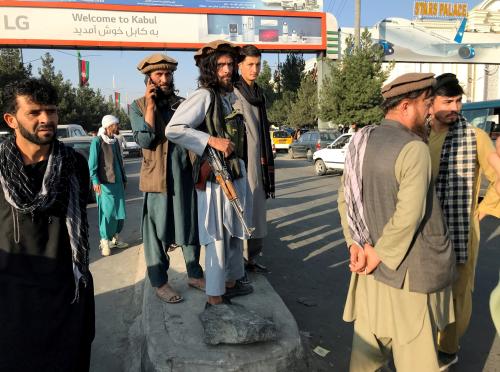Overview of National Human Rights Commissions
Creating human rights commissions has become a highly fashionable endeavor for many of the world’s governments. Over the past 20 years national human rights commissions have sprung up across the globe and are now an intrinsic part of the institutional landscape. Encouraged by international actors and pressed forward by domestic ones, countries with varying social and political backgrounds have moved to set up these institutions.
A national human rights commission is a state-sponsored and state-funded entity that enjoys (or is supposed to enjoy) considerable autonomy. It can be set up under an act of parliament, under the constitution or by decree, with the broad objective of protecting and promoting human rights. In carrying out its responsibilities, it may perform a range of functions. These include conflict resolution through adjudication or mediation, human rights education, documentation and research, advising governments on human rights issues and human rights standard setting. The first human rights commission was set up in Canada in 1947, and in some other parts of the world the institution of the Ombudsman has been vested with a human rights jurisdiction.
Human rights commissions received prominence after the United Nations began to actively promote the concept. In 1991 the UN Centre for Human Rights organized a consultation on ‘national human rights institutions.’ One of the results of this meeting was a statement of principles entitled ‘Principles relating to the Status and Functioning of National Institutions for the Protection and Promotion of Human Rights’ (Paris Principles).
These principles were subsequently endorsed by the UN Commission on Human Rights in 1992 and by the General Assembly and Vienna World Conference in 1993. The Office of the UN High Commissioner for Human Rights (OHCHR) recently initiated a program that provides support for countries that are in the process of setting up such institutions. The OHCHR has provided technical and other support to a number of countries that have established national institutions.

